
EDITOR’S NOTE: This post is part of a series in GBA’s new Expert Exchange program. We will address a quarterly set of topics, the first of which is “Getting to Net Zero.” The series will culminate with a webinar panel discussion among contributing experts.
Armando Cobo is a residential designer and a regular contributor at Green Building Advisor. He’s one of the sites “Expert Members.” Many years ago, Cobo put a stake in the ground. Going forward, all of his homes would be zero-energy ready. To achieve that goal and to assure his clients they are getting what they paid for, Cobo began using the Department of Energy’s (DOE) Zero Energy Ready Home program, which he helped launch and teach to other building professionals.
After considering the potential of other green building standards, Cobo landed on the side of the DOE program. What distinguishes it in his mind is its straightforward use of metrics like the HERS index, and the requirements for verification. “Compared to other green building programs where you can get points for installing a bike rack, this program simplified what it takes to build a better house,” he said. “And there’s a lot to be said for third-party verification.”
The DOE is currently in the public-comment period for the first update to its Zero Energy Ready Home program, which launched in 2013 and has certified homes in all climate zones across the country. I recently had the chance to catch up with Cobo and a team of DOE employees and contractors to learn more about the program, which it turns out, is less about the common definition of zero-energy home and more about moving toward zero emissions while building durable, comfortable, and healthy homes, that keep affordability in mind.
…
Weekly Newsletter
Get building science and energy efficiency advice, plus special offers, in your inbox.

This article is only available to GBA Prime Members
Sign up for a free trial and get instant access to this article as well as GBA’s complete library of premium articles and construction details.
Start Free TrialAlready a member? Log in
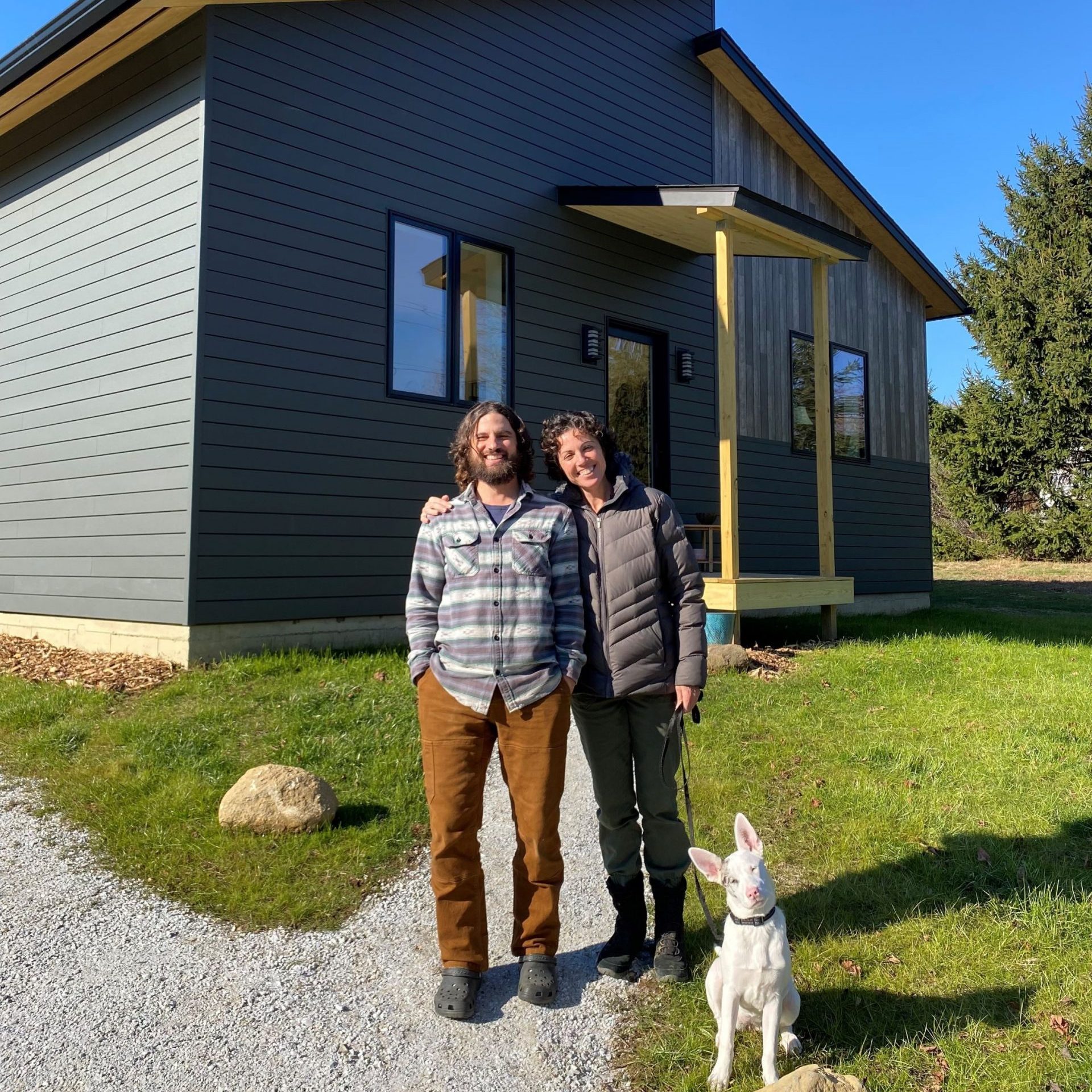
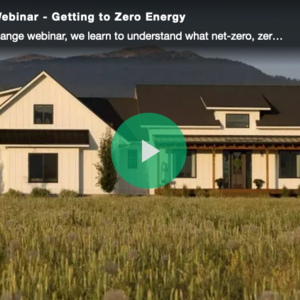
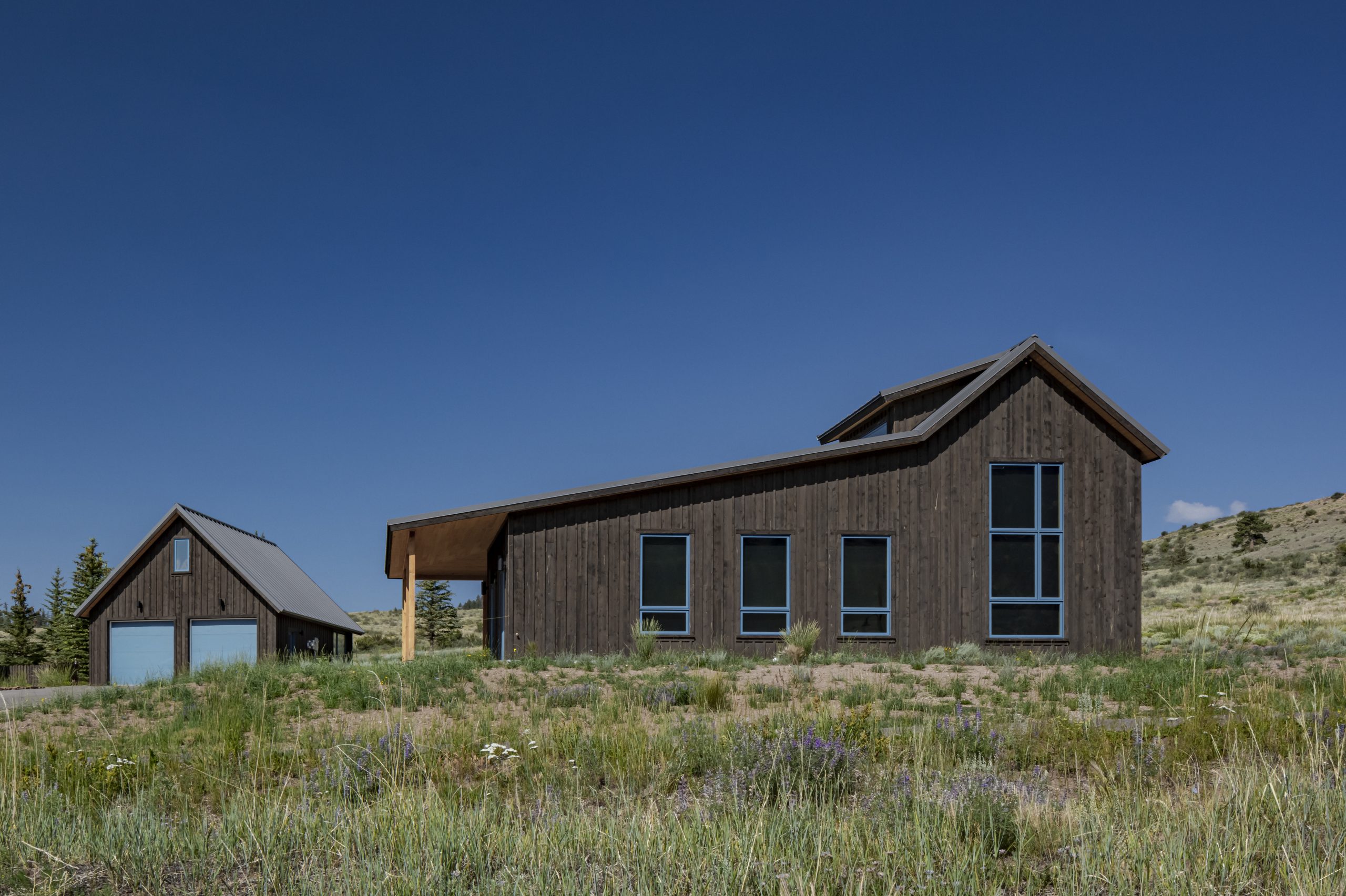

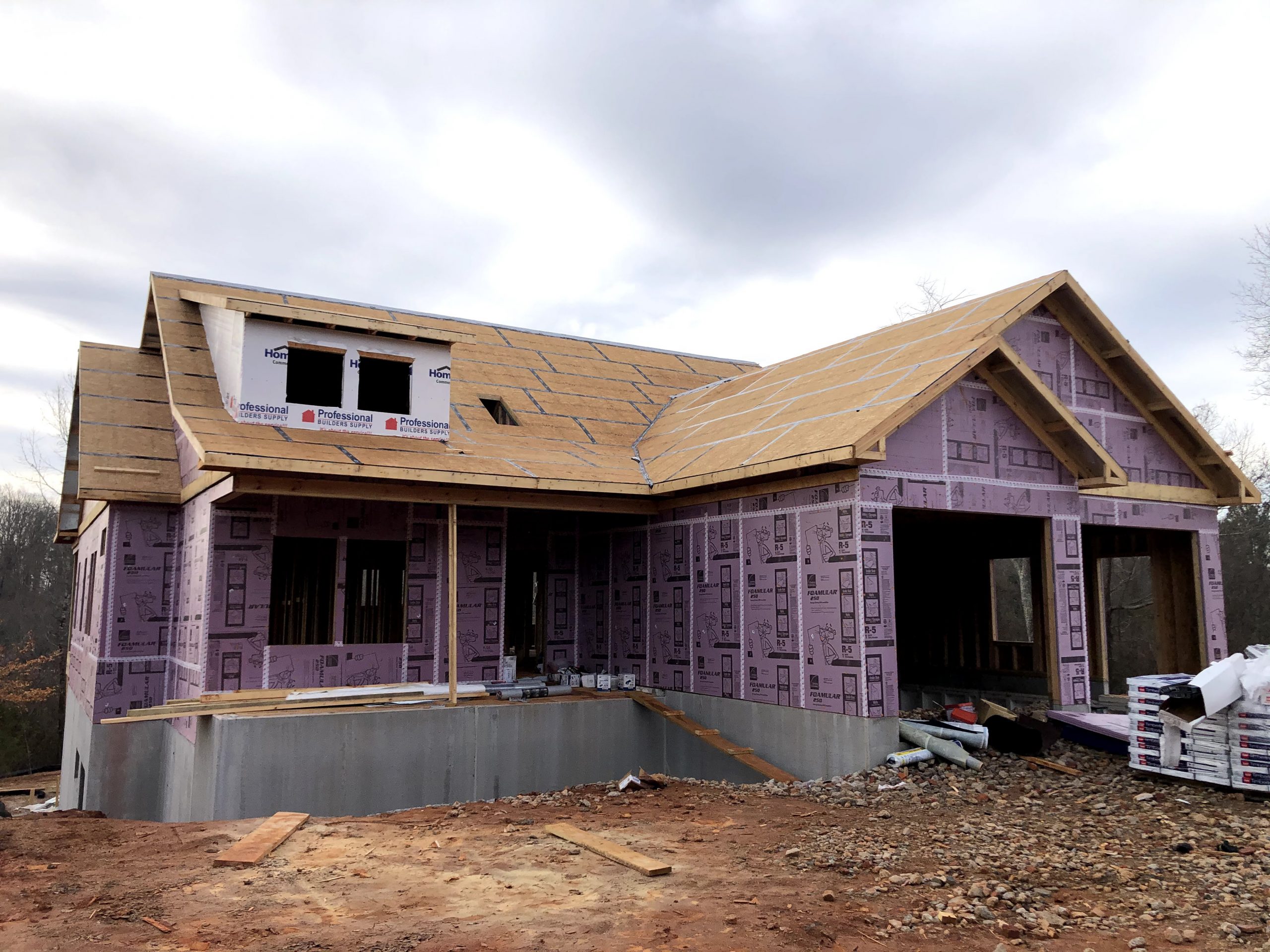
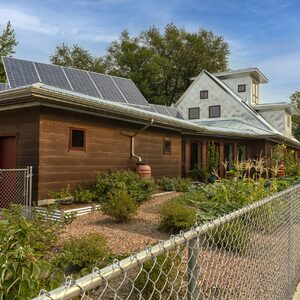
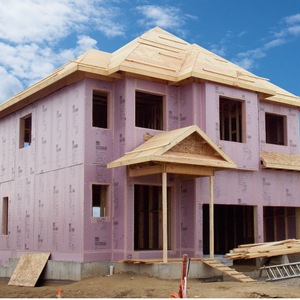
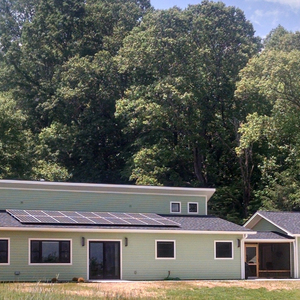
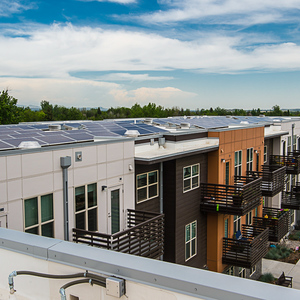







8 Comments
What is the approximate ballpark cost for the certification part of the Zero Energy Ready certification?
Between 1%-3%, some of my clients 1%, others 0%, zilch, nada, diddly-squat. You can download the full RMI report from the top 50 markets in the US: https://rmi.org/insight/economics-of-zero-energy-homes/
FYI, There are at least a dozen or more articles about ZERHs here on the GBA
Thank you for the link to the report Armando! I'm going to read through it and see what I can use. I'm very skeptical of the 1-3% cost number though. If it's 3% for ZER, I'm all in. Just my lumber cost variability could be about that right now.
@Allan - You need to understand that those prices are for an average sized house, not really the costs for custom homes or mansions. Also, the more you build at this level, the lower it becomes. Check and study production builders like Thrive Homebuilders in CO, Mandalay Homes in AZ, etc.
A good source of information is on the DOE ZERH Program website and Tour of Zero. Where things go expensive is on large custom homes. i.e., I'm doing a house now with 36kW Tesla roof tiles and 8 PowerWalls, and that along is $11 per watt, and so on.
Armando, I've read through the RMI report, I'd recommend it to anyone as its an easy read. Much of what is proposed there will be adopted in my build as a base case. You are correct that with custom builds, architectural design and aesthetics are very important so upgrade costs from code compliant can be much more.
The report is also 4 yrs old, so many of the costs have escalated, but simple things like all LED lighting have become the norm. People who read the report should adjust for their energy and upgrade costs when looking at the payback and return scenarios.
I'm still skeptical about the upgrade costs they use though. The sample case they use in Table A5 for Bozeman lists an upgrade cost to take a typical build cost of $250K from 7 ACH 50 to 3 ACH 50 of $344. How many rolls of Siga tape can be bought for $344, let alone installation labor.
J,
Just to clarify what I think you are asking, Jamie Lyons told me that there are no registration feels, application fees, or fees to become a partner. There will be costs to meet the requirements, which I think Armando is referring to, but only if you are not doing these things already. They may include the costs of building a better performing home, hiring an energy rater, and having third party verification done on the project. A lot of high-performance builders who already build to above code levels of insulation and air sealing, provide proper ventilation, have modeling done on their projects, and blower door tests, etc., would have no increase in costs to have their projects certified.
We also need a Net Zero or near Net Zero track for existing homes. People spend a ton of money on new windows and siding without any improvement to the building envelope. Some external insulation and high performance glazing would go far in reducing energy use. Upgrade existing homes as well, urban sprawl is real, transportation to and from uses a lot of energy.
Here is a good report from RESNET. If anyone is interested in educating themselves, read up on these Builders on the DOE's ZERH programs website under "Tour of Homes" or search the Builder's websites. It's been done all over... NO EXCUSES ANYMORE.
https://www.resnet.us/articles/resnet-recognizes-builders-leading-the-path-to-net-zero-energy-homes-2021/
Log in or become a member to post a comment.
Sign up Log in